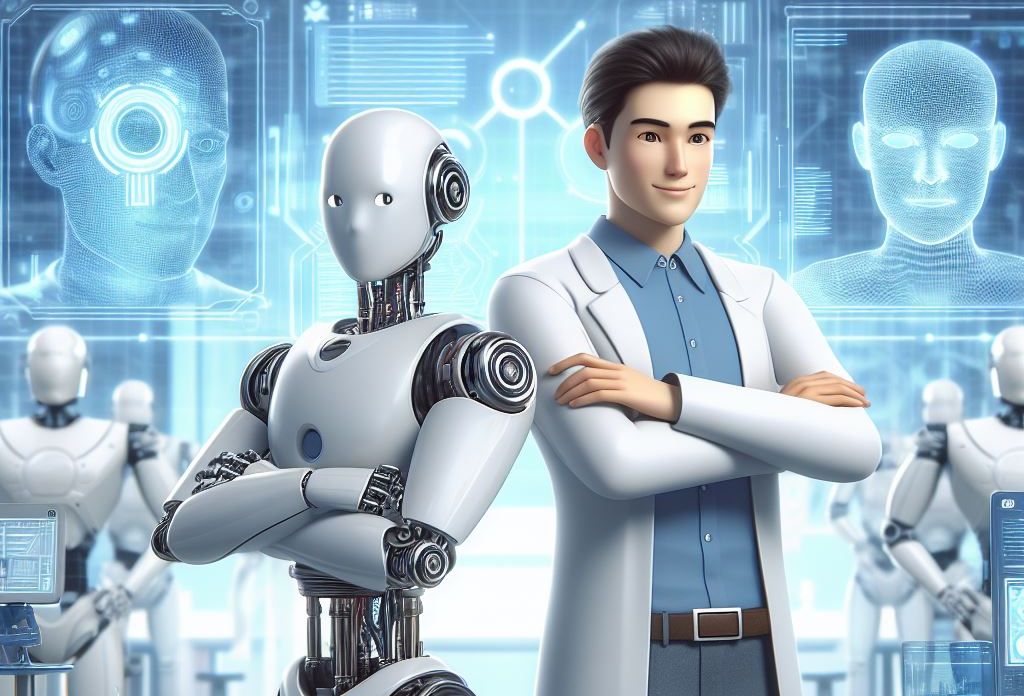As technology advances and advances, artificial intelligence is playing more of a role in the way companies discover and evaluate potential employees. AI tools are able to efficiently review resumes, study patterns, and make predictions about the likelihood of a candidate’s success according to certain factors. These tools can reduce time and eliminate the amount of repetitive work, and allow recruiters to concentrate more on strategic thinking and decision-making.
But relying on technology can overlook aspects such as emotional intelligence, adaptability, or cultural fit. These are areas in which human judgment is vital. The combination of technology and personal experience provides a more balanced and practical method. In the recruitment process, using data-driven tools together with a thoughtful evaluation by a human will ensure that applicants are evaluated for their abilities and long-term compatibility with the company’s values and requirements.
Table of Contents
The Function of AI in Modern Hiring
Artificial intelligence has revolutionized recruitment through the automation of repetitive work that had previously required HR time. Modern applicant tracking systems powered by AI (ATS) rapidly examine and analyze resumes, finding candidates who closely match the job requirements. These efficiencies allow HR professionals to concentrate on the strategic aspect of decision-making.
Furthermore, AI-powered chatbots improve the engagement of candidates by responding to questions, capturing details, and coordinating the scheduling of interviews. These platforms can be scalable to ensure consistent communication, regardless of whether you are hiring for a specific position or several. Through streamlining the process, businesses can speedily enhance top talent throughout the hiring process while maintaining the quality and uniformity.
The Importance of Human Insight
While AI increases efficiency in the evaluation of talent, it is unable to replicate the essential human characteristics. The algorithms can evaluate the hard skills and experiences; however, only human recruiters can recognize the traits of emotional intelligence, cooperation, and aptitude. These crucial traits are discovered in one-on-one discussions and interviews.
Employers who are engaged recognize non-verbal signals, like an applicant’s enthusiasm or resiliency, that aren’t evident on resumes and are largely ignored by AI. A personal conversation builds trust, allowing applicants to talk about their motives and hopes that are crucial for successful hiring and retention. Human interaction is the key to an individual and compassionate selection process.
Mitigating Bias Through a Hybrid Approach
AI in recruitment has an advantage in using objective criteria that reduce the biases of humans in selection processes. However, it is also possible to take biases inherited from previous data on hiring, particularly when the training data aren’t diverse. To reduce the risk, organizations should regularly review and audit their AI systems, looking at the outcomes for bias, and reworking algorithms and data when needed. Compliance with ethical and legal requirements must always be a top priority, and human oversight should be integrated into the process of recruitment to ensure transparency and fairness, and reduce the risk of bias inherent in automated processes.
Boosting Candidate Experience
An efficient recruitment process combines positive experiences for candidates and internal efficiency. AI platforms can enhance the candidate experience by educating them via notifications, assisting with questions, and streamlining the process of applying. Candidates get transparency and a clear timelin,e and reduce the stress of job searching.
Technology can’t substitute for the human touch or trust. Candidates appreciate having open discussions with recruiters regarding expectations for the role and the company’s values. This type of interaction makes applicants feel appreciated and value,d which influences their decision to take offers. Combining automation with personal interaction, recruiters can make hiring a process that is friendly and efficient.
Utilizing Best Practices in Work
Automate Repetitive Tasks
Utilize AI-based solutions to automate routine and procedural recruiting tasks like analyzing resumes, sourcing talent through online channels, as well as scheduling interview dates. In reducing the time spent performing the manual work, HR professionals are able to focus on engaging with candidates who are qualified and driving higher-value, strategic strategies for teams.
Maintain Human Interaction
Engage humans in the most sensitive and critical stages of hiring, including the interview, assessment of cultural aspects, and the final offer negotiation. Relying on AI alone can lead to the omission of applicants whose qualities or perspectives might not be reflected in the data-driven profiles. Human judgment is the best way to ensure that candidates are competent and have the appropriate energy and enthusiasm for the position.
Regularly Audit AI Systems
Make sure you conduct regular, systematic evaluations of all AI technology used in recruitment. Review their recommendations and cross-check hiring results against internal equity, diversity, and inclusion measures. Updated training datasets and algorithms regularly help ensure fairness and ensure that systems are able to adapt to the changing needs of organizations.
Provide Training
Make sure you invest in regular and thorough training for your team of recruiters. Make sure that all HR personnel are skilled in making use of AI tools, are aware of the limitations of AI tools, as well as keep an eye on ethics and legal obligations. Training should also help reinforce the importance of crucial human capabilities, including empathy and negotiation skills, as well as moral judgment.




